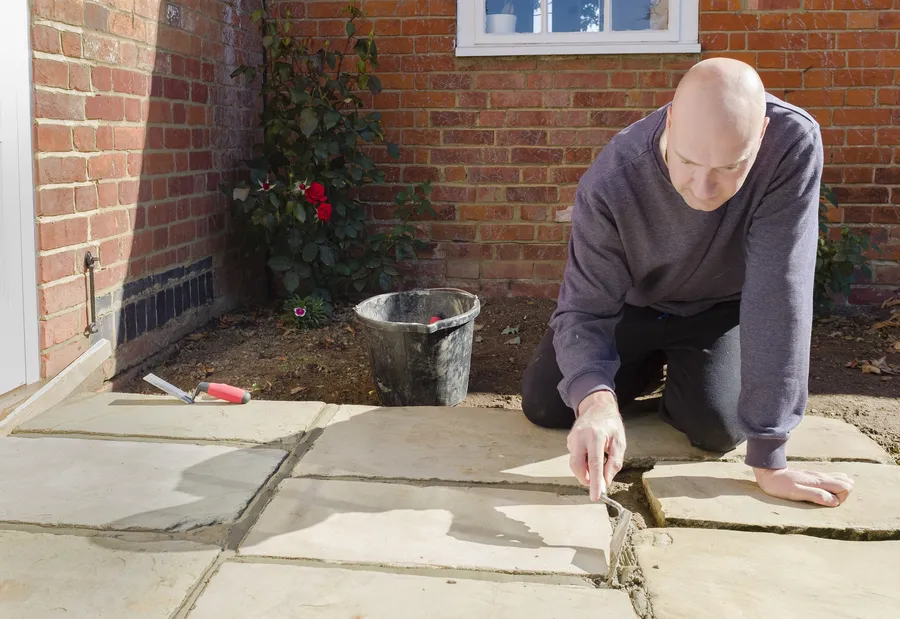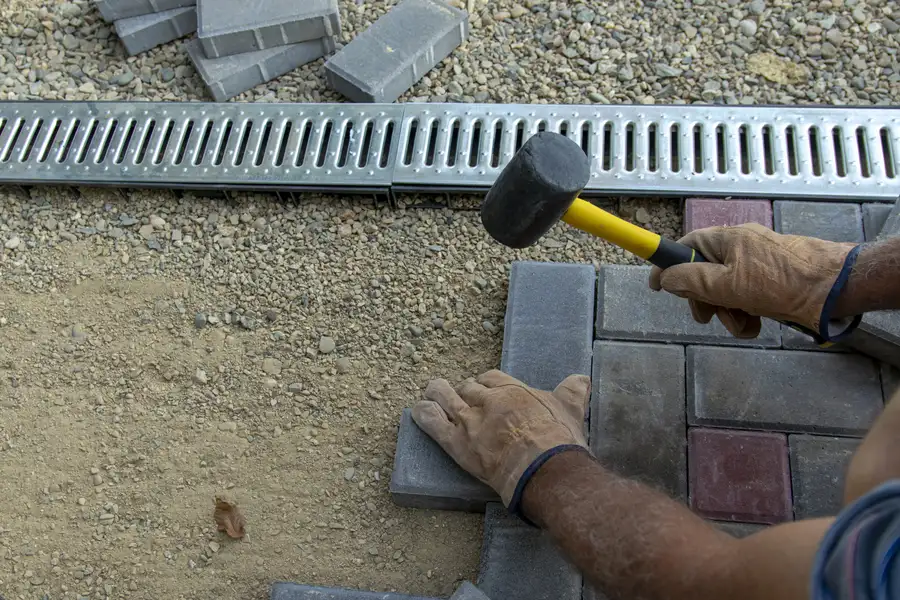How to Select the Best Components for Long-Lasting Walkways
When it comes to maintaining our neighborhoods and communities, durable sidewalks play a crucial role. Selecting the right materials can ensure these pathways withstand both time and weather conditions. As urban areas grow, so does the need for reliable materials that offer longevity and safety. This guide will delve into the essential factors you must consider when choosing materials for your sidewalk projects.

Understanding Different Material Options
The first step in selecting materials for durable walkways is understanding what’s available. Common choices include concrete, asphalt, and brick. Each offers unique benefits and drawbacks depending on your specific needs and environmental conditions. While concrete is typically favored for its strength and affordability, asphalt provides flexibility in fluctuating temperatures, and brick offers a classic aesthetic appeal.
Key Benefits of Using Quality Materials
Opting for high-quality materials in sidewalk repair can significantly enhance the lifespan and performance of your sidewalks. Quality materials reduce maintenance costs over time by minimizing cracks and other common issues. They also boost safety by providing better traction and durability in varying weather conditions. By investing initially in superior components, you can save money and resources in the long run.

Common Challenges Faced During Repairs
Sidewalk repair often involves navigating several challenges. These may include weather-related damage, such as freeze-thaw cycles leading to cracks, or roots from nearby trees disrupting the walkway structure. Additionally, choosing inappropriate materials can lead to rapid deterioration, increased maintenance costs, and safety hazards. It’s vital to address these factors during the planning stages to prevent future issues.
Effective Solutions for Common Problems
To tackle frequent problems encountered with damaged sidewalks, consider implementing strategic solutions. Start by conducting thorough assessments of the area to identify all potential risks. Use protective sealants for surfaces prone to water infiltration and choose flexible materials that accommodate ground shifts. Regular inspections can also help detect emerging issues early, allowing for timely interventions.
- Conduct regular inspections
- Use protective sealants
- Select flexible materials for shifting grounds
- Assess areas for potential risks
Best Practices for Installation
Adhering to best practices ensures successful installation of sidewalk repairs. First, ensure proper drainage systems are in place to prevent water accumulation, which can compromise integrity. Secondly, allow ample curing time for materials like concrete before exposing them to foot traffic. Lastly, engage experienced professionals familiar with local regulations and standards to guide the process safely.
- Ensure proper drainage systems
- Allow curing time before use
- Engage experienced professionals
- Follow local regulations carefully
Industry Standards You Must Know
Navigating industry standards is critical when dealing with sidewalk construction or repairs. Regulations often specify material types, thickness levels, and surface treatments required for compliance. Familiarizing yourself with these guidelines not only helps avoid legal repercussions but also enhances the overall quality and safety of your project.
Cost Considerations in Your Project
Budget plays a pivotal role in material selection for sidewalk construction. Higher upfront costs might deter some; however, it’s essential to weigh initial expenses against long-term savings derived from reduced maintenance needs. Cost-effective alternatives often prove more expensive over time due to frequent repairs or replacements. Thoroughly evaluating the total cost of ownership can guide more informed decisions.
Making Informed Decisions With Expert Advice
Selecting appropriate materials requires careful consideration of various factors influencing durability and performance. Consulting with industry experts provides valuable insights into available options while ensuring compliance with necessary standards. Contact Solis Masonry Construction Inc at (781) 983-4957 for professional guidance tailored to your project’s unique requirements. Located in Salem, MA, our team is committed to delivering exceptional service every step of the way.